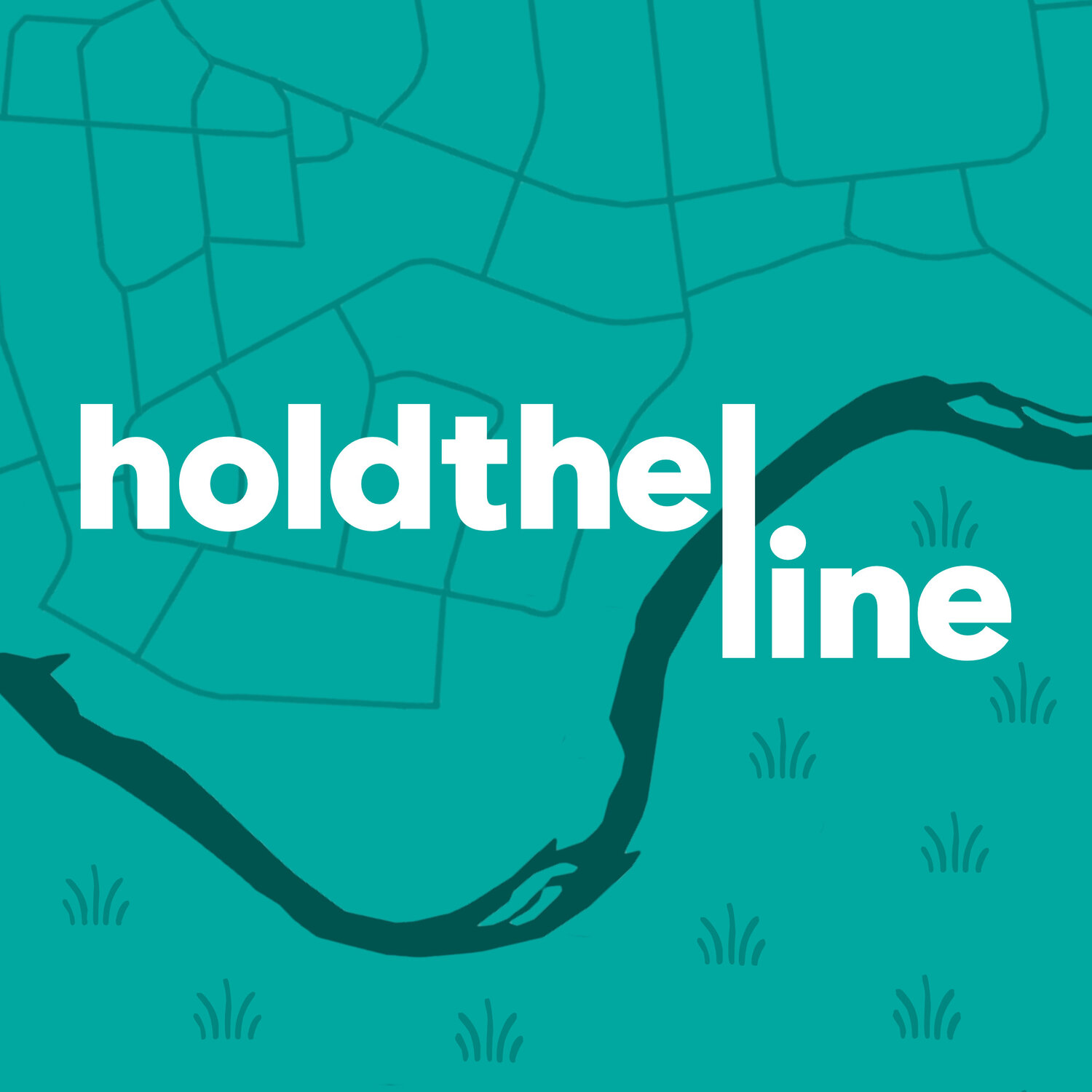Celebrating Waterloo Region’s Countryside Line
Hold The Line for our water, farms, and forests.
The Region of Waterloo’s Countryside Line is a boundary that protects the cultural, economic, and environmental heritage of our rural lands from the pressures of urban sprawl.
It protects the distinctiveness of rural communities at a time when other cities in Ontario are annexing rural areas for suburban expansion.
Six reasons we Hold The Line…
1. Local food & agriculture
Our region’s farms are not a blank slate. They’re productive pillars of our local food system. We grow it all: apples, tomatoes, veggies, dairy, eggs, meat – and of course, maple syrup! The Countryside Line helps us keep the right balance of country and city living, with beloved farmers’ markets that bring affordable and seasonal food to neighbourhoods all over Waterloo Region.
Protecting our groundwater system does more than just protect farmland. It also ensures a clean supply of drinking water in our homes. Not to mention for our beloved craft breweries and distillers!
“Supporting local food & agriculture is key to maintaining this vibrant community that we live in! Waterloo Region is known for its great food scene, and local ag is a big part of that. Protecting farmland for future generations is vitally important, as is safe water supply for all in our community. The Countryside Line helps with all of that.”
2. Safe drinking water
The Countryside Line protects the Waterloo moraine, an important geological feature that filters rainwater through to underground aquifers. If we build roads and subdivisions over that pristine land, or if we have too many mining operations in our countryside, we could destroy this ancient source of pure, clean water.
We’ve already experienced such a tragedy. In 1989, dangerous chemicals were found to be leaking into Elmira’s groundwater from an industrial factory. The cleanup has been ongoing for 30 years and counting, and the community still can’t drink any of their own well water.
The Countryside Line protects waterways and underground aquifers. We can’t afford to risk paving them over.
“Most people don’t realize that the water coming out of their taps is from wells, all over Waterloo Region. In light of growing development in the region, a balanced approach to development must be followed.
As we continue developing there is an increased risk of contaminating our drinking water. There are numerous local aggregate quarries already extracting and operating atop our sensitive recharge areas for our drinking water.”
3. Compact, lively urban neighbourhoods
A growth boundary like the Countryside Line is just one side of the coin – the other is creating compact, dense neighbourhoods where you can walk and bike to everything you need close by.
“Human connection comes from shared experiences; things like music, food, art, and commerce are what often bring a community together. This works best in compact, lively urban neighbourhoods where people can come together in the same space to create, meet, and grow, together.
Maintaining the countryside line is essential to the growth and development of small businesses and creators alike, as it is essential to ensuring the longevity of our farmland, drinking water, and community.”
4. Affordable housing for all
We are in a housing affordability crisis. When urban development contributes to gentrification and displacing lower-income residents, we need to find the right solutions to fix this problem.
That’s why we support initiatives like Kitchener and Waterloo’s affordable housing strategies, inclusionary zoning, laneway housing, tiny homes, as-of-right duplexing, and removing parking requirements.
Corporate developers sometimes claim that continuing the old pattern of sprawl is a solution to the affordability crisis. But that’s just not true. New subdivisions on prime farmland are expensive. Instead, we need to loosen the zoning restrictions for what can be built within our existing urban areas, and encourage a diversity of housing styles.
“The Countryside Line helps create vibrant neighbourhoods by encouraging us to build denser, walkable communities that welcomes more neighbours to our community.”
5. Sustainable transportation
With the ION light rail transit system in place, and new express bus lines connecting the Region in a grid network, it’s becoming easier to live a more sustainable lifestyle that reduces our dependence on car travel.
And when you feel like taking a weekend ride out into the countryside, it only takes 15 minutes to get there by bike along a well-maintained network of trails and bike lanes.
All of this is possible because we’ve decided to grow upward instead of outward.
“CycleWR is very supportive of the countryside line. The line encourages development of dense and lively urban areas which are ripe for investment in cycling infrastructure.
Safe, connected infrastructure is a necessary prerequisite for broad adoption of sustainable transportation choices. Cycling as a choice contributes to lower pollution and better public health and can also be used in conjunction with transit for longer trips.”
“Waterloo Cycling Club, representing about 500 recreational and competitive cyclists, is very appreciative of the preservation of our countryside afforded by the countryside line. Our members enjoy the vast majority of their rides on quiet rural roads through beautiful scenery.”
6. Financial responsibility
Low-density suburbs are expensive to maintain. The property taxes collected from large, spread-out residences just don’t add up to pay for all the roads, sewer and water infrastructure, streetlights, snow clearing, and transit services to those communities.
The way to keep our financial house in order is by building closer together and making better use of the urban area we’ve already got. The Countryside Line pushes us to work smarter, not harder. And we get to preserve our farmland and natural areas in the process!
“Sprawl is expensive and unsustainable. The Countryside Line is an important part of developing sustainable, equitable and affordable communities today, and for future generations.”
Illustrations by Icons 8 from Icons8

![Screenshot_2021-01-07 Hold the Line on Instagram “Check it out the Countryside Line in action Show your support for the Lin[...].png](https://images.squarespace-cdn.com/content/v1/58e02fb059cc683151ab8c68/1610076802231-XSB43HRM8TBM7QDITX3B/Screenshot_2021-01-07+Hold+the+Line+on+Instagram+%E2%80%9CCheck+it+out+the+Countryside+Line+in+action+Show+your+support+for+the+Lin%5B...%5D.png)










